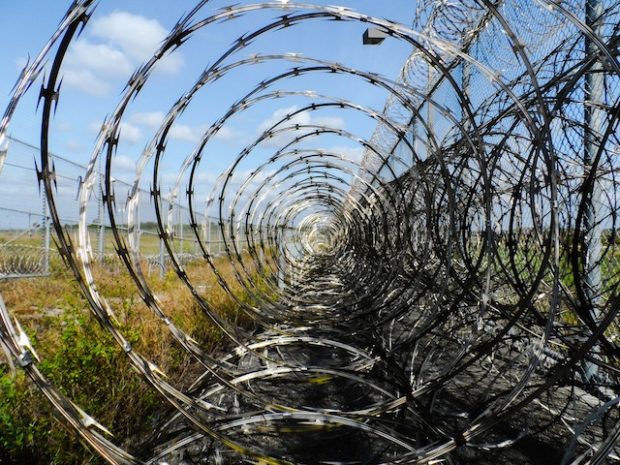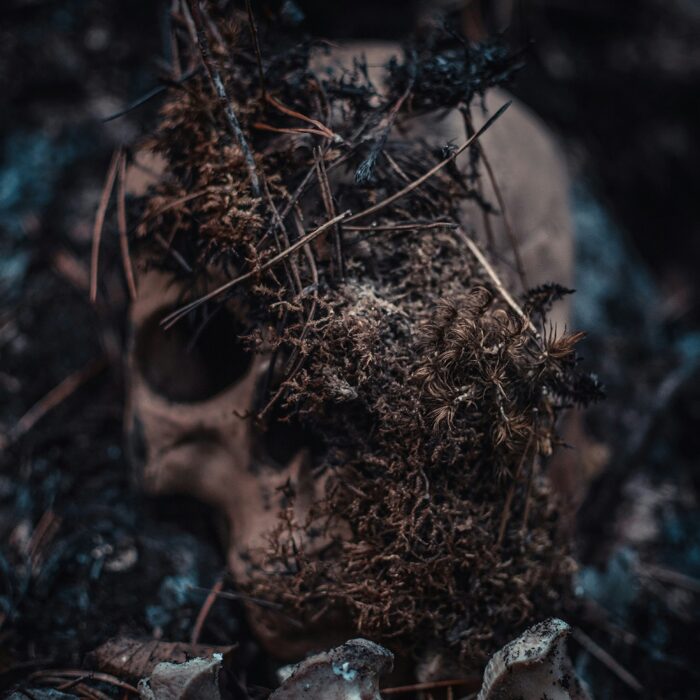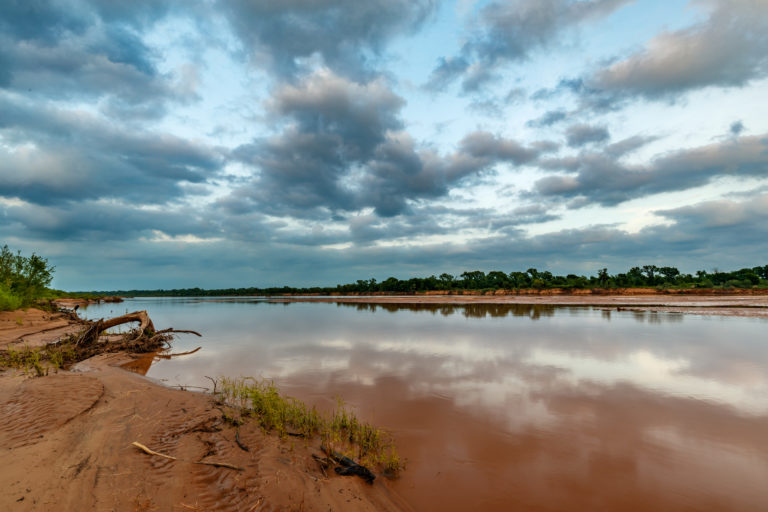You have no items in your cart. Want to get some nice things?
Go shopping
/labor migrants, turning into emigrants/
And here’s to where we all began,
Here’s to the land that made me
And made me who I am
M. Mathers
The way home always seemed to me the longest ever taken, as there is nothing in the world you miss and want to see more than your mom frying eggs for breakfast in the small kitchen, while you smell already fried sausages resting several inches from your nose on that brownish fruity tablecloth you saw a fortnight before through Skype. Nobody but that woman who raised you who you are and who you call now every time when you feel like you would be the happiest living being if she was in your kitchen frying those eggs, half of the Earth closer. Probably she is the only reason to take those two long overnight flights and the full day transfer in the middle of nowhere, where only the camels enjoy their time. Just the way she looks at those things coming out from your suitcase, things that are not going to be in the local stores any time soon, probably any time during at least the next two decades. The way she tastes new food filled with another new food, the way she spits it out laughing her guts out, resembling a kid eating Bertie Bott’s who, having taken a green bean, expects apple flavour but gets grass. Yes, she is definitely the only person worth spending every single minute with.
*
After two days with no sleep the warmest thing I got leaving the airport was her hug, actually the only warm thing. My home city seemed to be in bad spirits that morning, as I think is every second-sorted capital of a “developing” country. That’s their tolerant word to say it is behind the whole world, even behind all the neighboring countries, but still a promising word as it has the hint of some hope and even possibility. In simple terms, everything I saw the first minute I stepped from the plane was “developing”, even people. After some years living abroad people always remember things like the wrinkles on their mom’s face, the pastry from the local bakery, cheap prices for petrol and cigarettes, but other things, like cracks in the roads and people’s hangover odour shock every time like the first time. It is not that you forget about them when you don’t see them, but every time you hope to see less of them and they keep staying and make your tremulous I-miss-home-so-much feeling fade away.
Development. The only word I had in my mind while waiting for the taxi. My home country, having once everything, needs to develop for its people to have at least a decent life, before they can even think about a good one. It is the largest country in Europe, culturally and naturally rich, but its people still have to struggle to fulfill even basic needs, let alone esteem and self-actualization, spending for living expenses about two hundred dollars a month.
Pressing me with its weight, like a once-grand, immense submarine, sunk and heavy at present, my country crushed into me like an enormous concrete wall with no way to swerve to avoid it. Buildings hastily made of dirty grey Soviet cement panels with their wide windows-eyes shadowed blue, green and white were watching the trains as they penetrated tunnels and came back into sunlight like giant worms. They hurried passing not-painted-since-the-last-century bus stops, next-to-the-subway markets, president-owned candy shops and football-fan graffiti walls with writings like “Zero Tolerance”, “Make Russia away again” and “Proud to be son of this nation”. With every cell of my body feeling like I don’t belong here any more and will never ever want to, I heard every graffiti letter, every foul corner, every turnstile and streetlamp whispering my name and saying Welcome home.
*
I was looking out of the window of my taxi with no markings, badges or rear-view mirror, staring at the streets that were left behind in time, like in slow motion watching every person going nowhere, standing on the same spot. I have never been to Africa, but at some point it occurred to me it could look very similar. At least I would expect it to.
Streets were busy and crowded though. Never saw them being so diverse, full of people from the Middle East, Asia, post-Soviet countries; tourists, students, labour migrants, refugees – hundreds of eyes, sparkling with other cultures, beliefs and customs, were watching the streets that raised me, the cracks in the roads that drove me, the benches in parks that were once keeping my secrets. At least those eyes still shine unlike eyes of those who were born there and who were now living years of their life in either despair or crying sadness.
Everywhere they are, people talk. They were talking in the supermarkets, in the subway, in the streets, in coffee shops, all the way around me. Occasionally and definitely not deliberately I experienced their words crawling into my head through the ears, poisoning my guts, which almost totally forgot how to speak my national language, and spreading like black death, making the rest of my thoughts fall down sick, not being able to cast a vote any time soon.
Everything they were talking about was around the prices that were too high for an average family, transport fees and rent raised almost every two months with no visible improvements, lowest-quality Chinese products flowing to our market and making our domestic production stuck, stunned and choked with own goods that people didn’t want to buy, preferring cheap to good. Gas stations, factories, mines, hospitals, even supermarkets were sold; the land was dying under the pressure of prices, fields were divided between the groups that can be defined as those who have their own crops and make profit out of them, those who rent their fields out to get profit, those who inherited fields from their parents but leave them empty having no money to afford the cultivation.
Desperate and poor, having participated in several revolutions during the last two decades, having lost hundreds of people in them and thousands of people in actions they still could not name War, having lost a whole piece of the country’s territory and struggling to not lose two more, having managed to move thousands of inner refugees and make the army no one even heard of before, having kicked out the ex-convicted president and got the candy-factory-owning one, the whole nation was silently moving from their yesterdays to tomorrows, ignoring the news about politics, economy and international debts, focusing on their own financial profit, gaining of which will promote their chances of moving out the country for the sake of their families.
The nationwide cut on the exemptions and preferences, cancellation of pensions for elderly in future for those in their twenties now, introduction of new insurance-only medical care, reduction of the number of public facility employees led to young and middle-aged labour force flowing out of the country in order to find their place and better life wherever.
*
That very morning, sitting in my kitchen and watching my mom frying eggs and bacon, I got distracted from my thoughts by news buzzing on TV reminding the nation of the anniversary of the loss of the amazing singer, writer, composer and person whose name was known to everyone in the country and whose death upset every each of them.
Personally I viewed him as one of those who lived with country in his heart, being the real son of his motherland. In one of his many songs he said “Every day, about one thousand of our citizens apply for emigration, every day about five hundred of them come to a foreign land in attempts to find a better life with the goal of staying there, these people estranged from their culture, their customs and their faith, most of them are working as unskilled blue-collar labourers, sometimes not even getting the status of a citizen of a foreign country to the rest of their life, and perhaps their problem was the fact that the answer had to be sought in themselves, and not in the geography textbooks”.
*
Those patriotic sayings and songs were pretty inspiring when I was a high school student, but were too weak to fight the circumstances which led to people viewing their land as something they want to be far from, the further the better, turning me and millions of others into people looking for answers in geography books, the worst truth being in fact that we succeed in finding them. Although the statistics of emigration and demography definitely should be the thing to be worried about.
The surge in emigration after 2014 forced people to talk about its fifth wave. Soon about a million citizens fled the war in the East, trying to obtain refugee status in other countries. Financial insufficiency, fast decrease in living standards and the lack of work forced citizens to travel abroad to an extent greater than ever before. The results of a survey in 2016 state that the majority of people living in my country said they wanted to leave it and one third of them to never come back. The plan of the authorities to save the economy by remittances of the residents working abroad and supporting their families failed, as in the last years immigrants are trying to take their families with them and gain a foothold abroad.
In 2017 authorities officially reported of forty-two million people living in the country, while everyone understands this number is too optimistic and strongly embellished as well as the official numbers on emigration. In case of emigration statistics, only people who are eligible for permanent residence abroad are considered to have left the country, but most of the residents do not plan to return home and do not live in the motherland, having only business or family visas for decades. In fact, government and the presidential administration believe that about thirty to thirty-three million people actually live in the country. And according to the consumption of bread, some experts believe that the actual number of the population is twenty-four to twenty-five million. In any case, this number is much smaller than the official one.
*
A fortnight before the Independence Day those TV news dappled with reports about people striking, budget money being stolen, roads having holes to the extent of people seeing gas pipes in them, hospitals running out of vaccines, though positively finished with the special video project “Road to Independence”, which had to be broadcast episode by episode every day up to the day we should all be proud of as well as proud of those things our country has reached after the collapse of the Soviet Union in 1991, highlighting the new reforms and leaving aside the poor life of usual people.
According to the reports in 2015, before the beginning of the armed conflict in the east of the country, about one seventh of the population was already working abroad. In 2015 it was stated that during five years migrant workers transferred from abroad about 35 billion dollars, being on the top of the world rate of migrant workers’ capital flow back to the motherland. For comparison: the country’s estimated budget for that period was about 18 billion dollars. During later years, the situation changed and the capital flow became more than 80% lower, as now people move out of the country together with their families instead of sending them money for living, which is still now enough, making the country drawn even more.
As stated in the annual global Wealth Report prepared by the Swiss financial conglomerate Credit Suisse, in 2018 my motherland was in the twenty worst countries in the world, according to the level of wealth of the population. It ranked 123rd out of 140 countries in terms of personal wealth. Today one fourth of its population lives below the poverty line.
*
Those too-far-from-being-optimistic looks in other people’s eyes soon became the usual thing I tried my best to ignore, being pretty successful in it, as I knew that very soon, in several days, I will land in a superpower on a different continent, in a land where the majority of people don’t even know where my motherland is located, as well as nothing about how poor it is, about how poor the one single country in Europe can be.
Last days of my visit I was still busy, packing my suitcases and applying for documents to last for another year. Walking through the streets of the city I was going to leave for unknown amount of time, I watched people wandering around with baby strollers and buying falafel in the corner shops. That day I passed the cafe which is considered to be the place with the best chocolate in the country, which made me stop and buy several candies that I started eating straight out from the paper bag on my way to the subway. That moment I was sure my life just became light enough to bear, because of those new documents flying in my pocket and hand-made cherry truffle melting in my mouth. By this year, with so much time away, I totally forgot that before I left it for good, I could not even afford myself buying things from the shops of that level of fanciness.
That was a beautiful day with bright sunshine over my head, full of great expectations for the country worthy being patriot of, while some drunk students, enjoying their summer holidays, were passing by, on their way to the dormitory, singing songs and chanting “Glory to Ukraine”, to that land that made us and made us who we are, to that land so many of us love the further – the better.
Jan 2019

About Yuliia Vereta
Yuliia Vereta is a writer from Ukraine, who is creating essays, fiction, and poetry that comforts the disturbed and disturbs the comforted. Currently lives and works in China. Holds the Master of Arts in Translation. She received the 2018 City of Rockingham Short Story Award and became a finalist in 2019 Poetry Matters Project.




